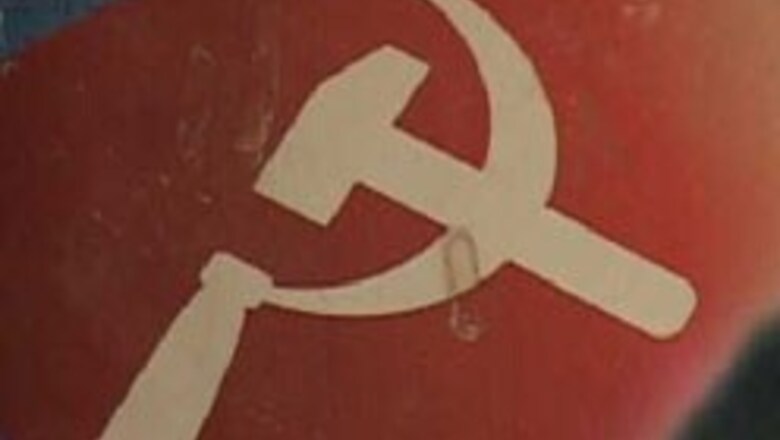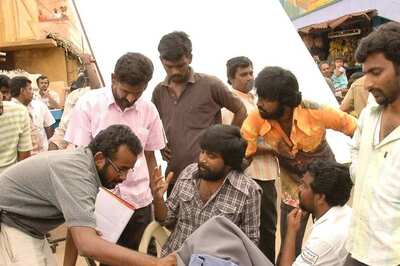
views
Kathmandu: Nepal's Maoists must end extortion and recruitment, and begin immediate talks with the Government, a government negotiator said on Thursday.
"We call upon the Maoists to come for the dialogue immediately. For our part, we are ready to begin the meeting even tomorrow," the Minister for Culture, Civil Aviation and Tourism, Pradip Gyanwali said.
A member of the three-man government team, Gyanwali also urged the Maoists not to force people to pay donations, to stop carrying guns in public and to end recruitment of guerrillas.
"If they want a solution through dialogue, there is no rationale to the recruitment," Gyanwali said.
The three-member government team is to meet a high level, three-member Maoist team led by spokesman Krishna Bahadur Mahara to prepare for a meeting between the elusive guerrilla Chief Prachanda and Prime Minister Girija Prasad Koirala.
Informal talks are already underway, but no date for formal negotiations has been set.
The Maoists have demanded the release of hundreds of jailed comrades and information on people who have "disappeared" since being detained by the security forces on suspicion of being rebels or sympathisers before the talks go ahead.
Gyanwali said the Government had decided to free all detained terrorists and set up a panel to investigate the disappearances.
Nepal has one of the highest number of "disappeared" people in the world, local and international human rights groups say.
PAGE_BREAK
The Minister said there were about 750 Maoists in detention, and almost 400 of them had been freed, while the rest would be released within a couple of days.
"This is to create an atmosphere for talks by the Government," he said. "We want them (Maoists) to do their part for early talks as well."
On Tuesday, Maoist negotiator Mahara urged the Government to throw out the constitution, dissolve the reinstated parliament and form an interim government including the rebels for mapping the nation's political future.
Mahara said the rebels, who run parallel governments in areas under their control, collect taxes to maintain their fighters but denied they were forcing donations.
But people living in Maoist-run areas say privately they are forced to give them shelter and contribute work, food and other supplies.
In April, King Gyanendra gave in to weeks of often violent pro-democracy protests and reinstated the parliament disbanded in 2002.
He gave up almost 15 months of absolute rule and handed power to a multi-party cabinet headed by veteran Koirala.
Parliament quickly approved a plan to hold elections for a special assembly to draft a new constitution and decide the future of monarchy, a key demand of the Maoists to end their revolt in which more than 13,000 people have died.
Koirala also matched a truce declared by the Maoists and invited them for talks.
The Government and the Maoists are also preparing to hold elections for the assembly. The date for the vote has not been fixed yet.



















Comments
0 comment